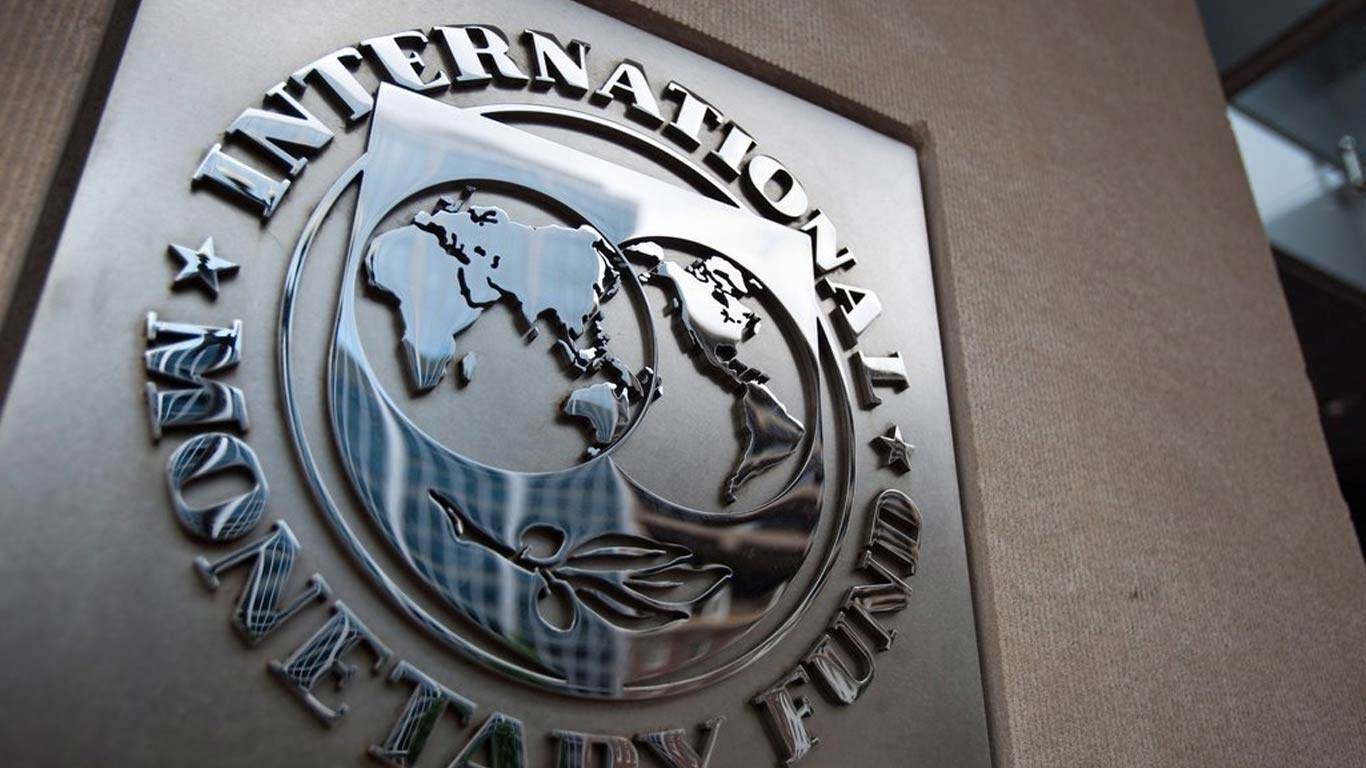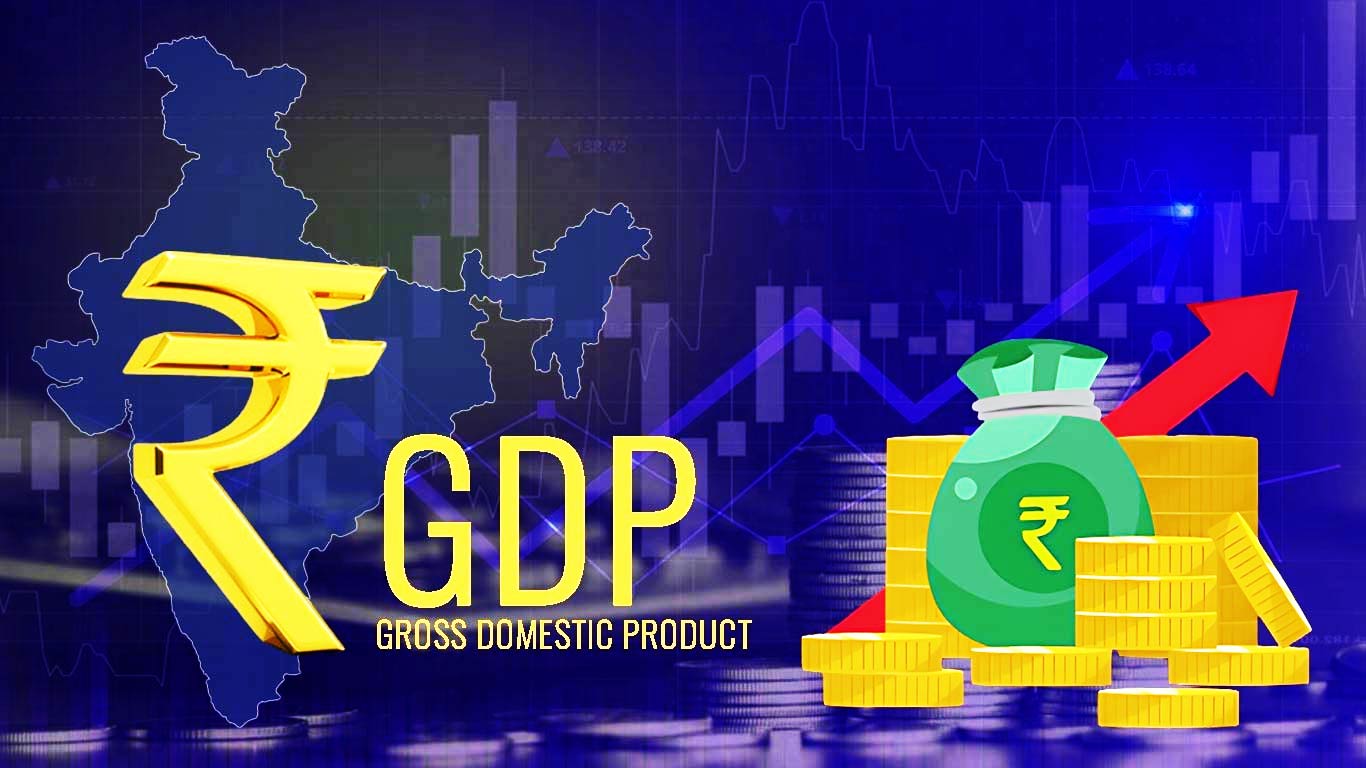RBI’s SMA 1 for clean-up of banks’ balance sheet or clean-up of MSMEs?
Updated: Jun 14, 2016 11:56:02am

RBI’s SMA 1 for clean-up of banks’ balance sheet or clean-up of MSMEs?
New Delhi, June 14 (KNN) Ever after Reserve Bank of India (RBI) imposed Special Mention Account (SMA) norms on the banks, the lending to the credit hit-MSME sector has plunged drastically.
But, keeping in mind the cycle of payments which flows in and out of an enterprise these guidelines are not fitting well in the Indian banking system especially with regards to the MSME sector which largely depends on the payments from the large buyers.
RBI, in 2013, had set up three categories of SMAs. These were SMA-0, where principal or interest payment was not overdue for more than 30 days but the account showed signs of incipient stress; SMA-1, where principal or interest payment was overdue for 31-60 days; and SMA-2, where principal or interest payment was overdue for 61-180 days.
It had set up a Central Repository of Information on Large Credits (CRILC) to collect, store, and disseminate credit data to lenders. The latter were required to report all such information here, including classification of an account as SMA, on all borrowers having aggregate fund-based and non-fund-based exposure of Rs 5 crore and above.
Due to the SMA guidelines, the banks, which have been doing business with the MSMEs since years, are mandated to report in case the interest payment delays by 31 days or more.
As a result, these guidelines introduced by RBI have led the banks turning their backs towards the MSMEs for lending.
MSMEs keep pointing that on one side an MSME account is termed SMA for not paying loan interest amount within 30-60 days whereas on other side the PSUs and the large players who are mandated to pay the suppliers within 45 days under Public Procurement Policy are spared from any tough actions.
“The most important question here is whether MSME sector is allowed to be an important contributor to the economy or not,” questions Meerut based entrepreneur, SP Gupta.
Also, due to the surge in non-performing assets (NPAs), particularly of the large enterprises which are much visible, RBI has asked the banks to clean up their balance sheets by March 2017.
“The SMA guidelines imposed on the banks by the RBI are rather resulting in the forceful closure of the MSMEs due to credit crunch,” Gupta said.
Even if the banks have a good relation with an MSME entrepreneur pertaining to his clean track record, the CRILC system initiated by RBI which monitors and reports the SMAs very actively, keeps them from extending loans to the sector easily.











